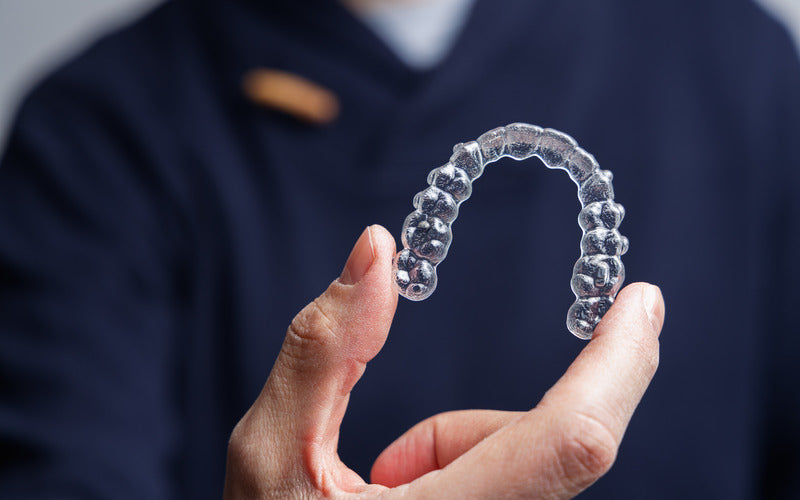Why You Should Take Peanuts To Improve Vascular Health
Vascular health plays a crucial role in maintaining overall well-being, as healthy blood vessels ensure the proper flow of oxygen and nutrients throughout the body. Numerous factors, such as poor diet and sedentary lifestyles, can negatively impact vascular health, leading to various cardiovascular conditions. However, one simple and accessible solution to support and improve vascular health is incorporating peanuts into your diet.
This article will explore the benefits of peanuts and how they can contribute to better vascular health.
Lowering Cholesterol Levels
High cholesterol levels can contribute to the development of atherosclerosis, a condition characterized by the buildup of plaque in the arteries. Peanuts have been shown to have cholesterol-lowering effects due to their high content of monounsaturated fats and phytosterols. Monounsaturated fats help reduce LDL (low-density lipoprotein) cholesterol levels while maintaining or increasing levels of HDL (high-density lipoprotein) cholesterol, the "good" cholesterol.

Reducing Inflammation
Chronic inflammation is a significant risk factor for cardiovascular diseases. Peanuts possess anti-inflammatory properties attributed to their high levels of polyphenols, resveratrol, and other bioactive compounds. These compounds help combat oxidative stress and reduce inflammation, promoting better vascular health.
Enhancing Blood Flow and Reducing Blood Pressure
Improved blood flow is crucial for maintaining healthy blood vessels. Peanuts contain arginine, an amino acid that plays a vital role in the production of nitric oxide. Nitric oxide helps relax blood vessels, promoting vasodilation and improved blood flow. By enhancing blood flow, peanuts contribute to lower blood pressure levels, reducing the strain on the cardiovascular system.
Preventing Blood Clots
Blood clots can lead to severe health complications, including heart attacks and strokes. Peanuts contain a compound called coumarin, which possesses antiplatelet properties, preventing the aggregation of blood platelets and reducing the risk of clot formation. This antiplatelet effect contributes to the maintenance of healthy blood vessels and reduces the likelihood of cardiovascular events.
Antioxidant Protection
Peanuts are rich in antioxidants, including vitamin E and resveratrol. Antioxidants help protect the body against oxidative stress caused by free radicals, which can damage blood vessels and contribute to the development of cardiovascular diseases. By consuming peanuts, you can increase your antioxidant intake and support vascular health.
Weight Management
Maintaining a healthy weight is essential for overall cardiovascular health. Peanuts, despite being energy-dense, have been associated with weight management due to their high protein and fiber content. Protein and fiber increase satiety, reducing overall calorie intake and promoting weight control. Incorporating peanuts into a balanced diet can help prevent weight gain and support vascular health.
Incorporating Peanuts Into Your Diet
To reap the benefits of peanuts for vascular health, it is important to consume them as part of a healthy, balanced diet. While peanuts are a nutritious food, moderation is key due to their calorie density. Here are some tips for incorporating peanuts into your diet:
Snack on a handful of peanuts instead of reaching for unhealthy processed snacks.
Add crushed peanuts as a topping to salads, stir-fries, or yogurt.
Use natural peanut butter as a spread on whole grain bread or as a dip for fruits and vegetables.
Include peanuts in homemade granola or trail mix for a healthy and satisfying snack.
Conclusion
Peanuts are a versatile and accessible food that can significantly contribute to improved vascular health. Their nutrient composition, cholesterol-lowering effects, anti-inflammatory properties, and ability to enhance blood flow and prevent blood clots make them an excellent addition to a heart-healthy diet. However, it is essential to consume peanuts in moderation and as part of a balanced diet. By incorporating peanuts into your eating routine, you can support your vascular health and reduce the risk of cardiovascular diseases, ultimately promoting overall well-being.




